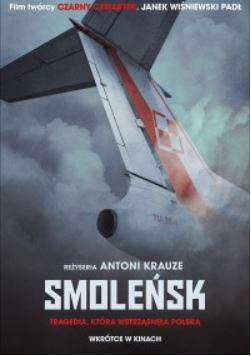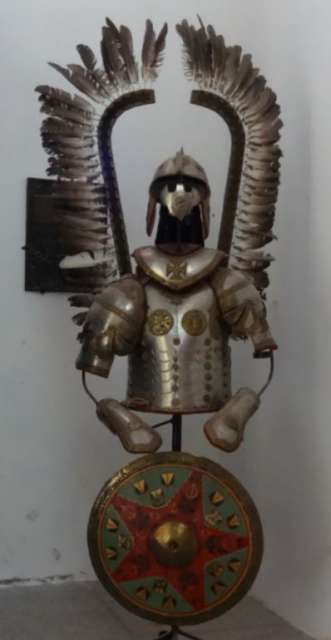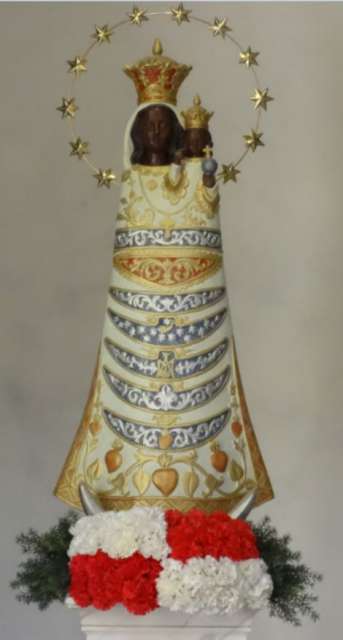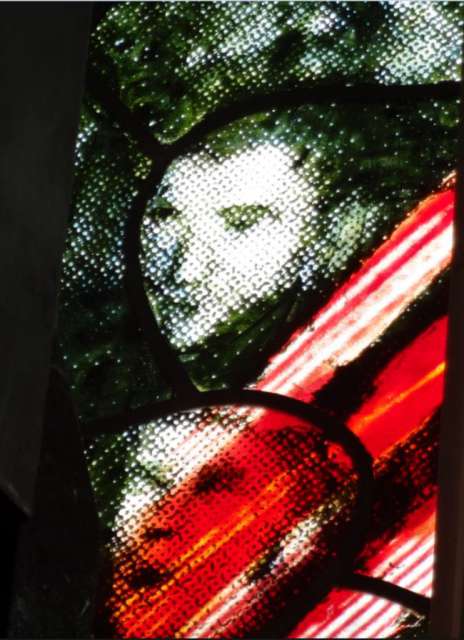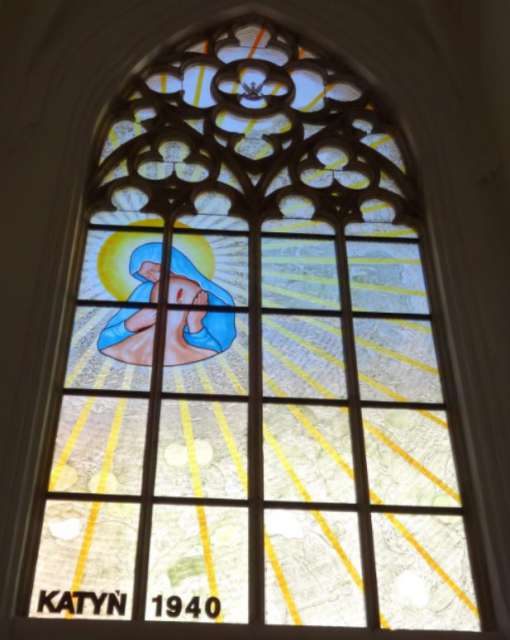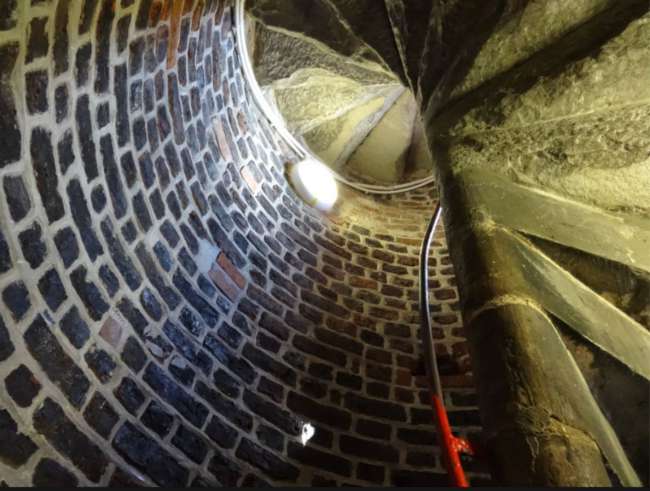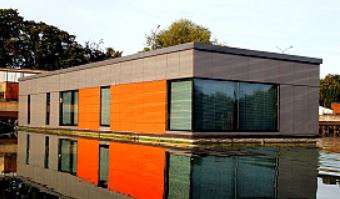2nd Day - Tuesday
نشرت: 31.08.2016
اشترك في النشرة الإخبارية
Today I want to learn more about Wrocław's 1000-year history. But the day starts with exploring the Elizabeth Church, west of the Rynek (Market Square).
Elizabeth Church (Bazylika św. Elżbiety Węgierskiej)
Of course, first we go up the church tower, 316 steps, initially upwards:
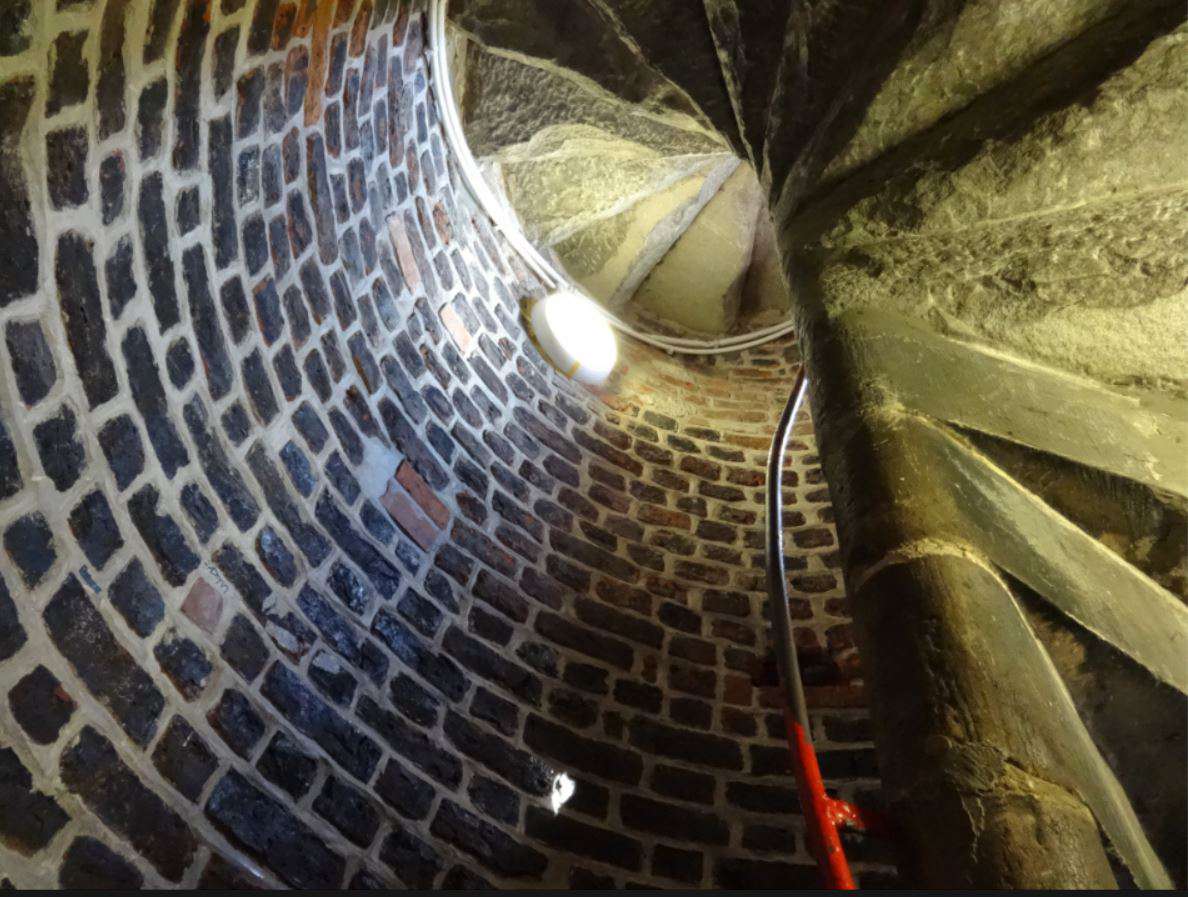
From the top, it seems like you can zoom in with the camera all the way to the Giant Mountains:

So it was worth it. Now quickly back down and into the Elizabeth Church. First, I read the history of the church, a history of collapses and fires that is hard to believe.
Inside, however, there are a number of curiosities to discover:
The chapel of the patron of the Siberian deportees, the Polish patriot Rafał Kalinowski:

The chapel of the Poles murdered in Katyn:
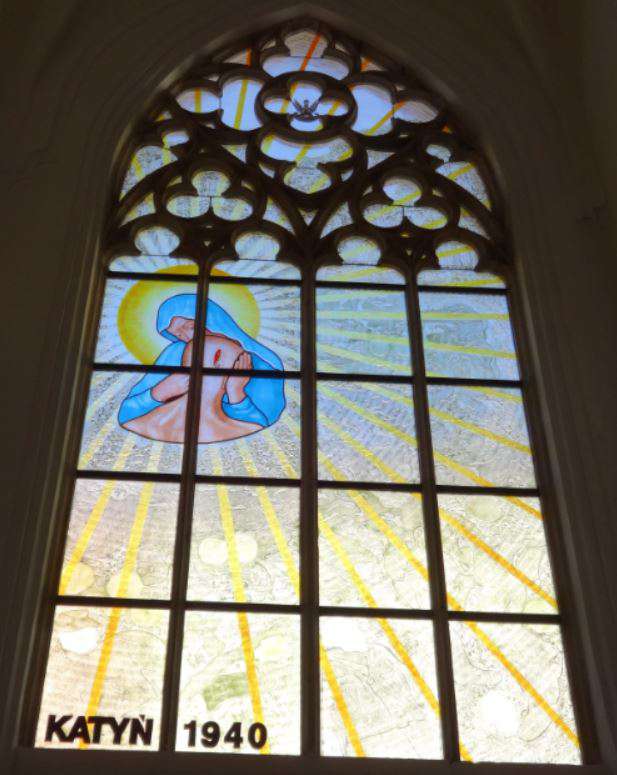
As we know, the massacre in Katyn had been blamed on the Nazi regime until the 1990s. It was only with Gorbachev that the Soviet Union admitted responsibility for the massacres.
I could not fully clarify the meaning of the following depiction. It could be dedicated to the victims and heroes of the Polish underground or home army during World War II:
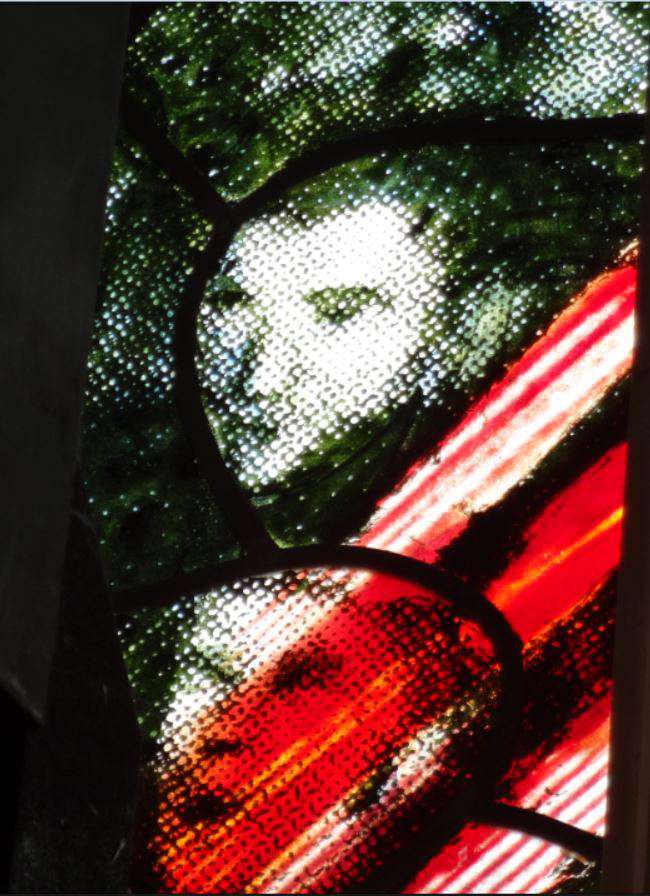
I am beginning to understand why the Poles, when it comes to the willingness to take in refugees, are a bit more reserved than the Germans.
What is this here?
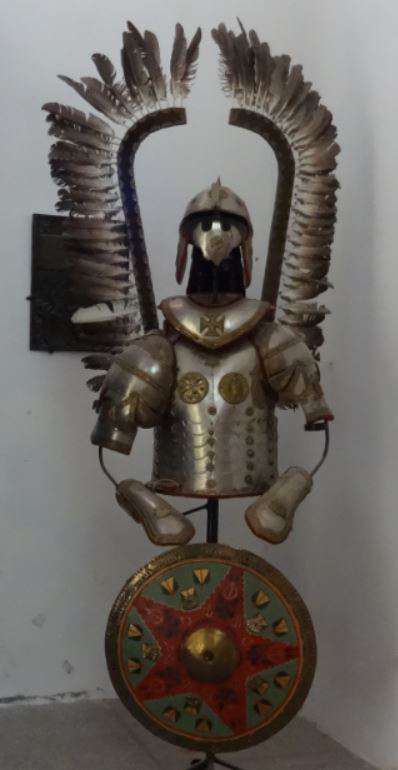
Black, but no less astonishing:
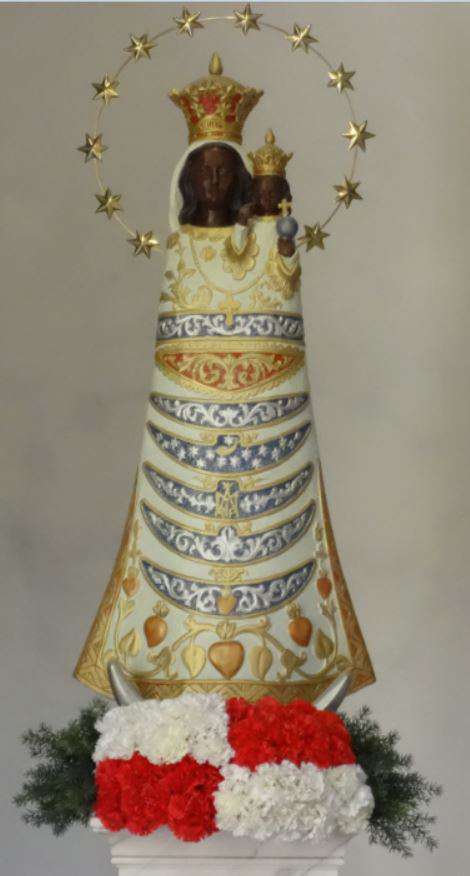
The complete indulgence
How to achieve it is explained for instruction right in the entrance area of the church:

So all you have to do is want it and ask God for it! Isn't that Protestant? Doesn't matter. As an anonymous Catholic, I am just glad it's that easy ;-)
Next, we go across the Rynek towards the south, to the Royal Palace:
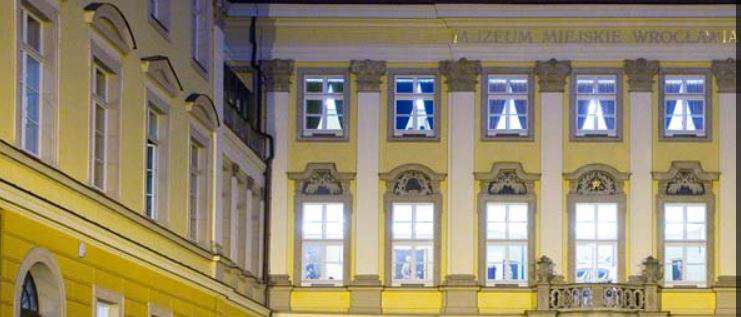
Historical Museum (Muzeum Miejskie Wrocław)
By chance, they have a great exhibition called '1000 Years of Wrocław', which is exactly what interests me. The exhibition is very modern and multilingual. Sometimes in the style of Terra X, then again purely factual.
But first you learn that Wrocław was initially a pure island city. The Cathedral Island, which is no longer an island today, was the starting point. Early settlers, Christianization, diocese, Piast dynasty - and the history of Wrocław began:
Piast dynasty, Bohemian crown, Habsburg, Hohenzollern, Napoleon, German Empire, Weimar Republic, Third Reich, post-war years, expulsion, resettlement, present
Here is a link to the museum:
http://www.de.muzeum.miejskie.wroclaw.pl/CMS/muzeum_historyczne/1000_lat_wroclawia.html
Rynek
After so much history, I relaxed at Rynek with 'kawa i kawałek ciasta'. According to the travel guide, Rynek is one of the most beautiful squares in Europe. The square is rectangular, and initially I was interested in this
side:
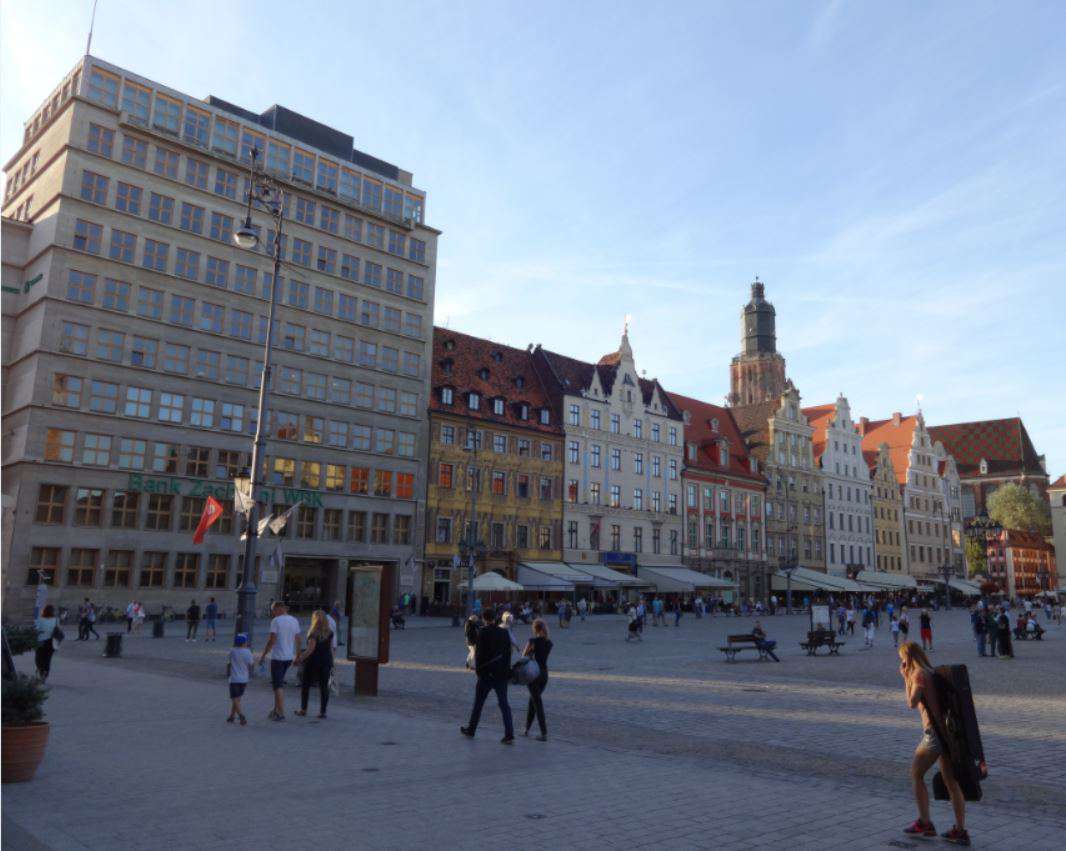
Riddle I
Now my 1st riddle question arises: Which side of Rynek did I photograph? (North, South, West, or East), and what socialist architectural sin is visible?
(Bres)Lauf
In the evening, the cool, clear weather seemed perfect for a run. Put on running shoes and off we go. Idea: Left-leaning, upstream, as far as possible. With the evening sun at my back, I run along the illuminated banks of the Oder, simply perfect. After crossing the Grunwald Bridge, I only had my headlamp. I happened to see the man who lives on the Oder. He has made himself at home on the water. I had seen a TV report:
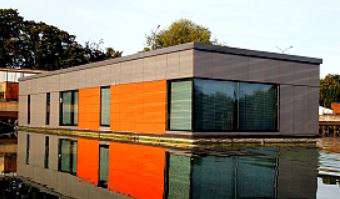
So far, everything was fine. Then I crossed an old stone bridge to get to the other side of the Oder. There, I had to go far into the "interior" because the path to the right side of the Oder was blocked due to utility companies or something like that. Then it slowly became dark. I admit it: I got completely lost, it became dark and I had no plan at all. Bridges and fragments of the Oder were everywhere. At some point, I had the impression that I was passing a zoo. So elephants to my right, and the massive dome of the Centennial Hall shimmered to my left (very worrying, because it's far away), and then I was even attacked by a dog. He had his sights set on my legs...
To make a long story short: Thanks to my LED headlamp and my knowledge of left and right in Polish, I finally arrived safely in Wrocław Nadodrze.
Subsequent research leads to roughly the following running route:
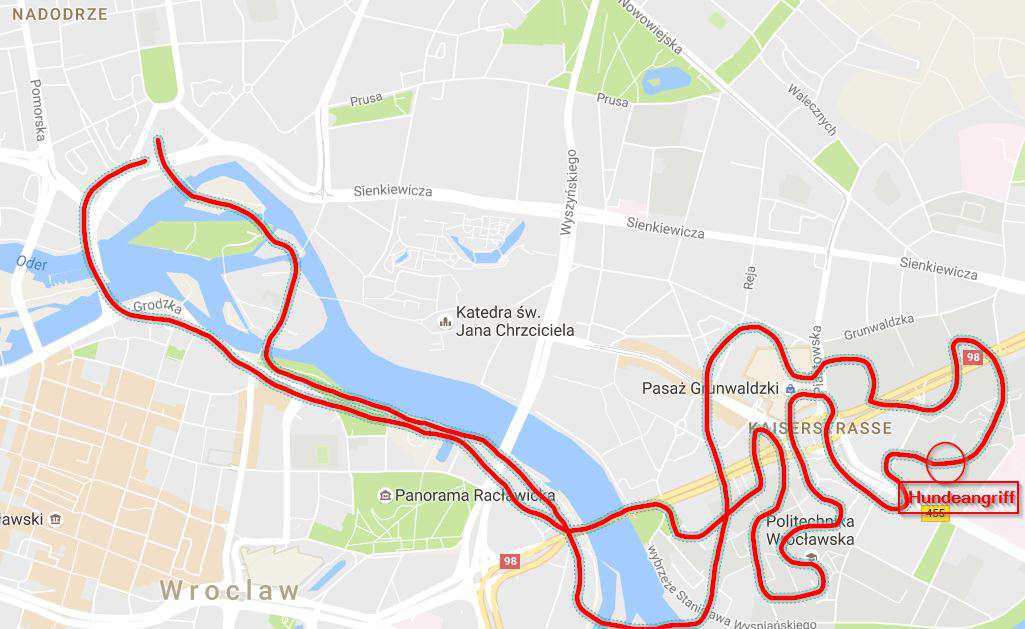
Good day, but enough for today!
Continue to Day 3:
https://vakantio.de/schlesien2go/3-tag-mittwoch
اشترك في النشرة الإخبارية
إجابة

